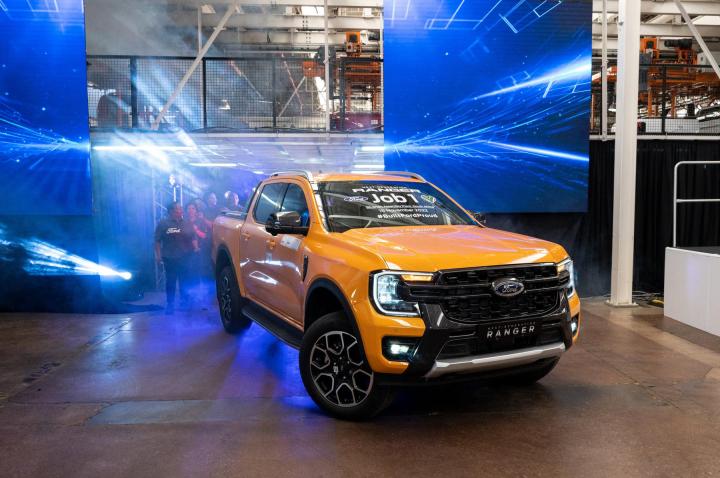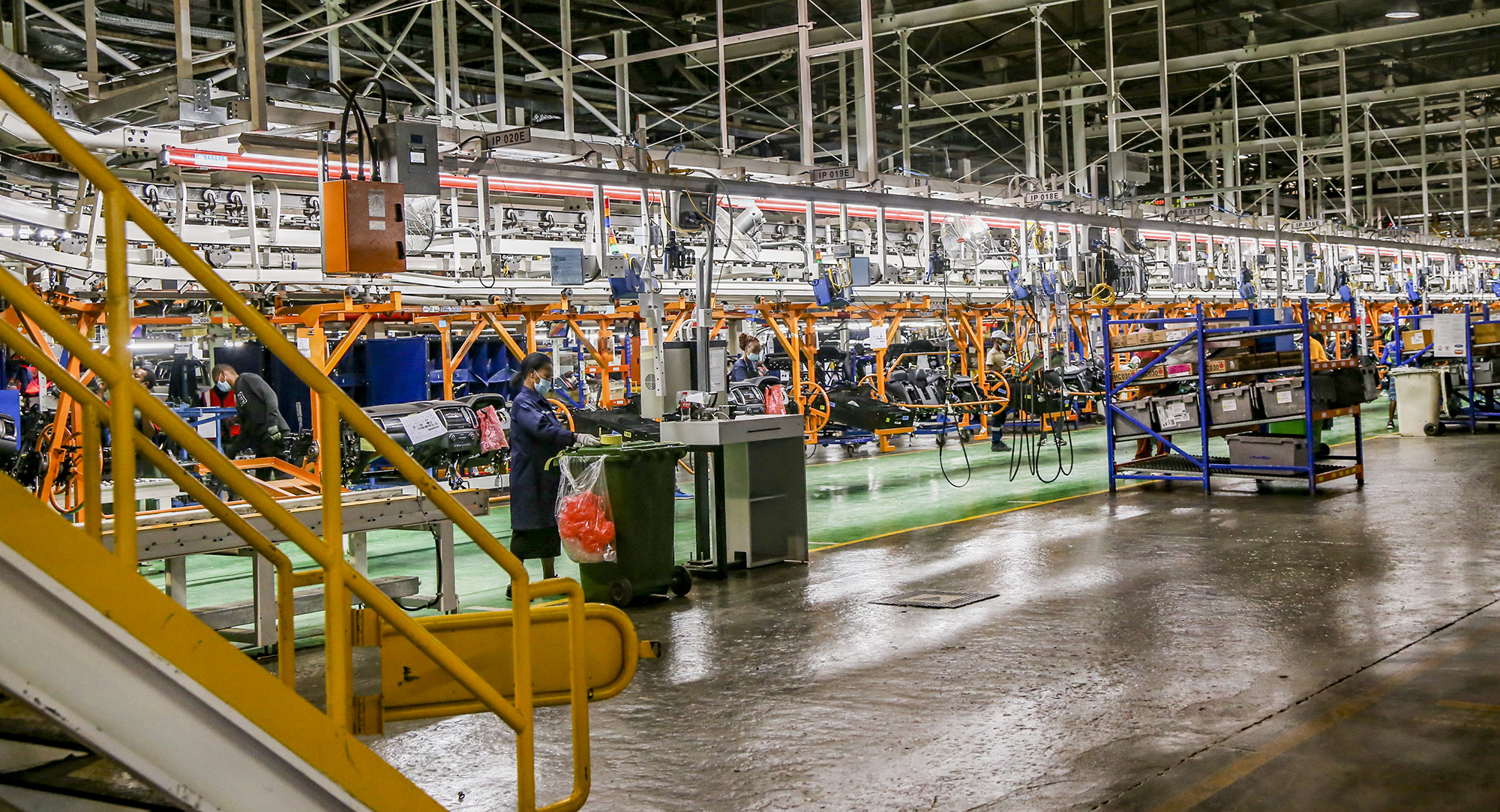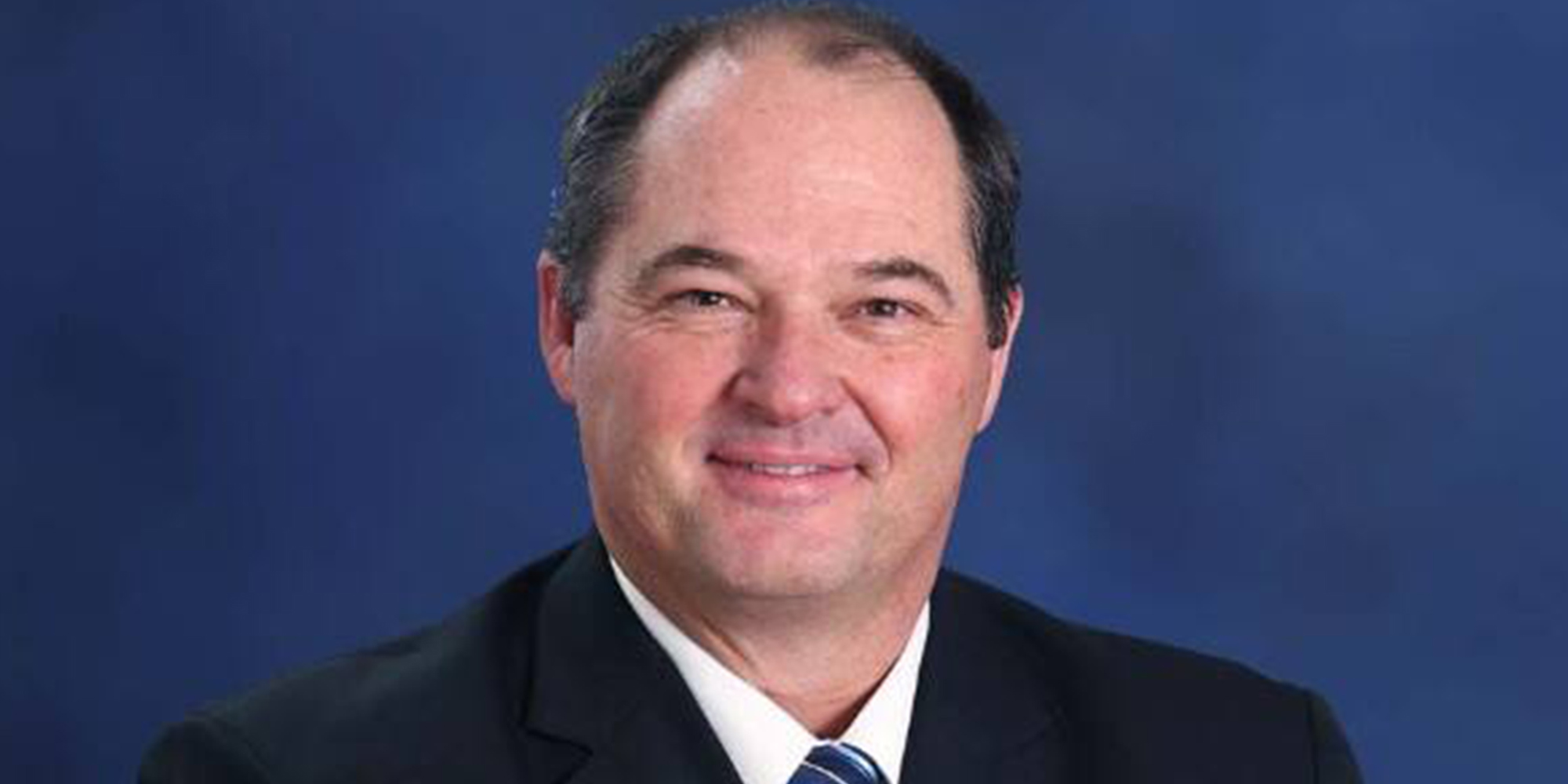MOTOR INDUSTRY
Ford raring to go with the Next-Gen Ranger, but logistics a hurdle

Logistics issues — worsened by Transnet’s inability to provide a rail service in line with contractual obligations — mean last-mile delivery of vehicles is fraught with hassles.
Ford has invested almost R16-billion into the Silverton assembly plant in Pretoria to begin production of the Next-Generation Ranger, which will soon be shipped to more than 100 countries, including South Africa’s biggest markets — Europe and the UK.
The question of how they get there is at issue because of SA’s inconsistent supply chain. And Transnet — more than a bit player in this machine — cannot be relied upon to deliver, or receive, goods efficiently.
Next month, the first Next-Gen Rangers will roll off the factory floor, but with only one viable rail line from Gauteng to Cato Ridge in KwaZulu-Natal, the vehicles will have to be trucked for the last 50km to the Port of Durban.
That’s a vulnerability in the supplier chain, putting them at greater risk as more hands on the product increase the likelihood of damage and loss.
Best of the best
Ford’s massively enlarged and modernised facility — which opened this year after a R10.3-billion revamp — includes an impressive on-site stamping plant, an automated body shop and the only Ford-owned and operated frame line in the world.

The Ford Ranger manufacturing plant in Silverton, Pretoria. (Photo: Gallo Images / OJ Koloti)
It’s 95% automated, with 493 robots on the assembly line to ensure precision and consistency. The factory covers an area of 100,000m² and boasts “the most advanced robotic manufacturing and quality control systems currently available”, the company says.
The global Ford Motor Company now has three production hubs in its International Markets Group region for the Next-Gen Ranger, which includes the Silverton plant and two plants in Thailand.
The company also has complete knock-down operations (where products are delivered in parts and assembled at the destination) in Vietnam and Cambodia to assemble the Next-Gen Ranger, with plants in the US and Argentina to begin production in the new year.
Dianne Craig, president of Ford International Markets Group, told launch attendees this week that South Africa is an important part of Ford’s global Ranger manufacturing network, and that it is “fantastic to witness the $1.05-billion investment being utilised to modernise and transform the Silverton Assembly Plant to produce vehicles of the absolute best quality for customers around the world”.
Part of this $1.05-billion investment includes $365-million (R5.5-billion) for tooling at its major supplier companies, and a $34-million (R600-million) injection into its Struandale Engine Plant in Gqeberha, which produces all the Next-Gen Ranger engines for South Africa and other export markets.
Investing in the Struandale Engine Plant has helped Ford introduce a 3.0L V6 diesel engine programme and upgrades for the Next-Gen Ranger on the existing assembly line for the 2.0L single turbo and 2.0L bi-turbo diesel engines.
Andrea Cavallaro, director of operations at Ford IMG, said the company had invested immense effort, resources and the latest technologies to ensure that the Next-Gen Ranger is not only world class, but that it is produced in a plant that equals the best in the world.
Production quality control
Ford’s strategic decisions included bringing the stamping operations and the frame manufacturing in-house, to ensure complete control of the production quality.
Bringing suppliers closer to the plant in the SEZ has also helped localise production and reduce costs.
“The process put in today guarantees that the components going on to the assembly line for every Next-Gen Ranger are of the highest quality.”
First launched in 2011, the Ranger is one of Ford’s most important brands on every continent.
In total, 873,751 Rangers have been produced at the Silverton Assembly Plant, with nearly 603,000 units exported, consistently placing it as the top light commercial vehicle export from South Africa.
The Silverton plant has also been producing the Everest seven-seater SUV since 2016. But with the new focus on the Next-Gen Ranger, the Next-Gen Everest and Next-Gen Ranger Raptor will be sourced from Thailand.
These extensive upgrades will enable the plant to produce about 200,000 vehicles a year at Silverton.
The introduction of a third shift has helped create an additional 1,200 jobs, which brings the Ford SA workforce to 5,500 employees.
Throughout the supplier value chain, expanded with the creation of the Tshwane Automotive Special Economic Zone, an estimated additional 50,000 jobs have been added.
Road rage
Ford SA’s CEO Neale Hill told Business Maverick at the launch that Transnet’s troubles — which include costly industrial action, cable theft and low productivity — have been crippling for the automotive and other sectors.

Ford SA’s CEO Neale Hill. (Photo supplied)
Three force majeures have been declared this year; the ruinous 11-day wage strike — which finally ended on 20 October and affected ports and rail services across the country — cost South Africa the opportunity to move R65.3-billion worth of goods.
It set back the launch of the new Ranger as Ford awaited parts from a variety of different markets.
“We were waiting for components which ultimately didn’t get here on time. So what ends up happening is that our production line stops. And then, when you are trying to get vehicles out of the country, you have ships that are due to dock… that have a very limited period of dwell time in [South African waters] so that they can offload and onload, before continuing its journey to meet its shipping schedule, but then you have a strike and 90 vessels are bobbing out at sea outside of Durban — it doesn’t happen,” Hill explained.
Events like these hurt not only the motoring industry and Ford’s business, but the economy as a whole.
The Automotive Business Council | Naamsa, of which Hill is the president, says the automotive sector contributes about 6.4% to the country’s GDP (4% manufacturing and 2.4% retail) and accounts for 27.6% of the country’s manufacturing output. As one of SA’s biggest automotive manufacturers, Ford’s own contribution to the GDP is in excess of 1%.
This key role in the economy is nothing to be sniffed at, which is why infrastructure — in particular ports and rail — is so critical.
“We’re [Ford] surviving on the heavy trucking industry at the moment, which my trucking counterparts are loving because of the demand for trucks, but we’re chewing up the roads, killing fellow road users — as we’ve seen in some of the horrific accidents that are happening — and it is adding costs to our material that we import and export, which makes us uncompetitive from a cost perspective, for South Africa to be seen as a viable production source going forward. It has a lot of downstream impact.”
Rail corridor
Ford has been pushing heavily for a high-capacity rail corridor to be opened from its plant in Silverton to Gqeberha because that port has enough open space to store vehicles on the wharf, which reduces the amount of handling and processing that their vehicles are currently being subjected to.
The Eastern Cape government has backed the call, but with only the Durban route functional, manufacturers are transporting vehicles via rail to Cato Ridge, where they are placed on to trucks and driven to Durban port. That means up to three “handling events” of vehicles before they get on to a ship.
“It’s inefficient, vehicles get damaged and it’s labour intensive.”
In one recent example, a vehicle transporter was stopped during a protest, a vehicle was offloaded after the driver was threatened and the remaining five vehicles and the truck were torched. It’s a continuous struggle to protect vehicles from vandalism and theft throughout the value chain.
Visit Daily Maverick’s home page for more news, analysis and investigations
Ford has taken a multifaceted approach to address the challenge, which includes “heavy” engagements with the state-owned enterprise. Hill says they have ongoing interaction with Transnet about the performance of its commercial contractual obligations, which it is not meeting.
It has also engaged with the departments of Trade and Industry and Public Enterprises, as well as with the Presidency, but the provincial governments have been more forthcoming, with support ranging from David Makhura and Panyaza Lesufi in Gauteng to Oscar Mabuyane in the Eastern Cape.
“What’s interesting for me is that there seems to be more political will and appetite at a provincial government level rather than at the national level.
“We’re getting lots of support and the right feedback from the national government, but we’re not seeing movement… and Transnet keeps saying that it doesn’t have the capital to invest in upgrading the line.”
Transnet failed to respond to queries. BM/DM




















 Become an Insider
Become an Insider
Comments - Please login in order to comment.